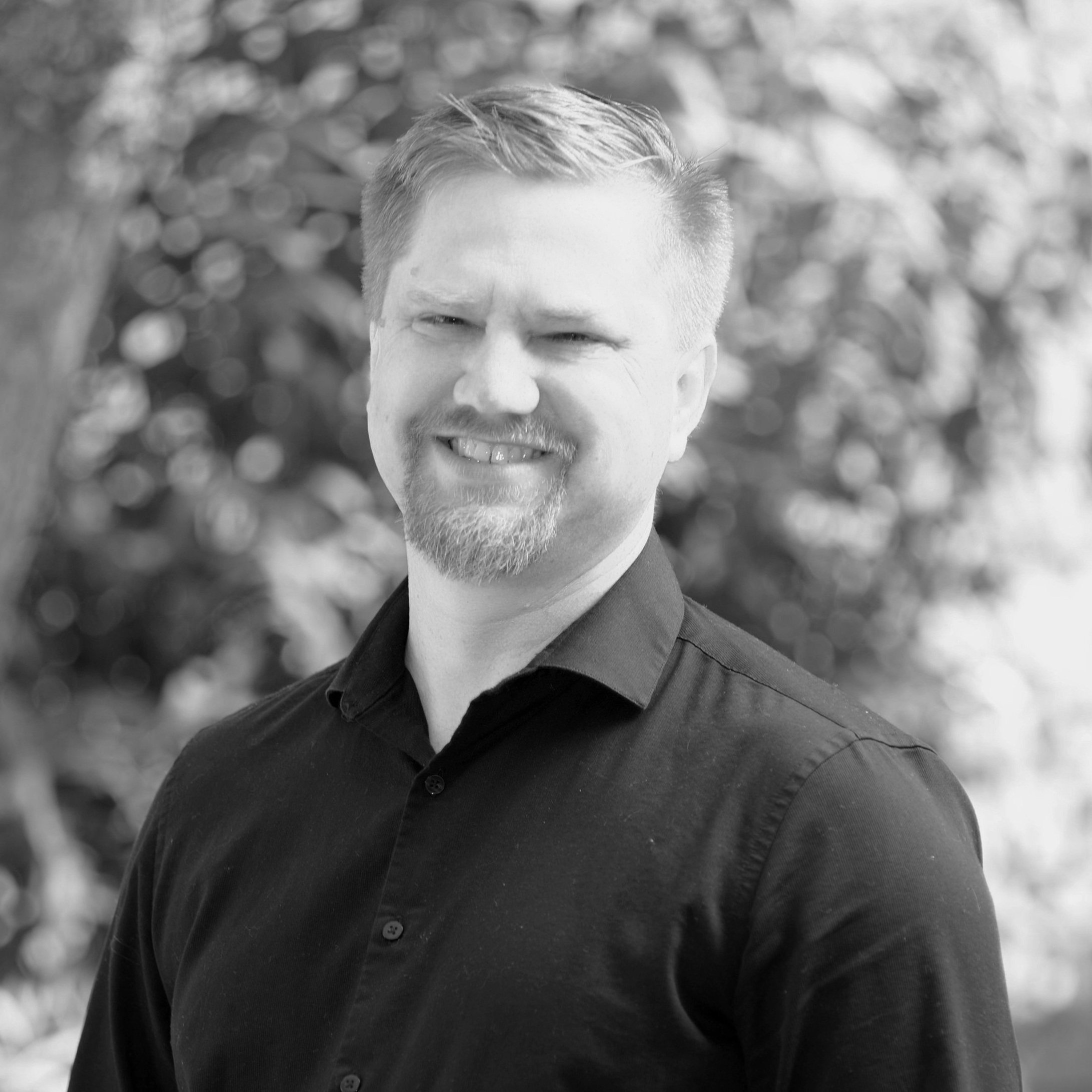
Our Vision
Our passion is for every woman, man, and child to encounter Jesus through his people. We are a network of churches that equip ordinary disciples to live life in community and on mission.
Our Values
We’re tired of division based on what we’re “not” or what we’re against. Instead, we want to be known as a network of churches that defines itself by who we are and what we’re for.
These 10 values are the proactive and formational pursuits our churches and leaders strive to align with as we establish and equip churches. Each describes a unique emphasis within our churches and the broader movement.
-
The good news about Jesus’ life, death, and resurrection is not simply a message to receive when coming into the faith, but is the core reality that shapes how we lead, how we serve, how we speak, and how we grow as followers of Jesus within community and on His mission.
-
The story of God, as told in the Bible, reveals the missional record of who God is and what God is doing in, through, and for the world. It is the true story of the whole world. Discipleship is participating in that story and allowing it to shape your entire life.
-
When making disciples through community and while on mission, we root disciples first in their new identity in Christ. We believe knowing who you are leads to how you live. If we reverse this, we’ve created legalism apart from the powerful gift of grace to make us new.
-
We pursue a reliance on the power, wisdom, and presence of the Holy Spirit for all we do. We don’t look to models, gifts, or tools to transform lives, but look to the work of the Spirit operating in us and through us in everything we do.
-
We believe the context for disciples to be made, to grow into maturity, and sent out on mission is within community. When the Apostle Paul made disciples he did it as part of a community-on-mission. After people responded in faith to the Gospel the first thing that he did was to form them into a community so that they could learn and submit to Jesus’ commands. As they learned as a community to love as Jesus loved they drew others to obedience and to faith.
-
We strive to ask and answer the following questions – What type of leadership was modeled in the New Testament? What principles did they base their leadership on? What are the implications for us in our culture today?
Leadership in the New Testament was based on teams of co-workers rather than exalted individuals. These teams were made up of both genders and valued various giftings.
Leadership in the New Testament was based on service rather than lording over others. The New Testament shied away from title and privilege and focused instead on role and mutual honoring.
Soma believes therefore that leadership should be team-based, include both genders, value various giftings, and look to serve the church rather than gain status or privilege.
-
We pursue multiplication because we see it in the New Testament. God is a missionary God and we are His people – our community is saved and given gifts so that we could be a valuable part of making disciples who make disciples.
In order for multiplication to happen churches need to be part of a community of churches who are pursuing Gospel Saturation together. They also need to have a simple, reproducible discipleship pathway that is seen by both the leadership and the membership.
-
As we do the work of being missionaries to our communities in our generation we acknowledge that our work carries on in the great traditions of the missionaries/apostles in years gone by. Some of these missionaries left all they knew, learned a new language and culture, and became Irish, or German, or Chinese, or African, in order to reach a community with the Gospel. Others figured out how to reach people in their family, neighborhood, school, or co-workers. Regardless of the distance traveled all of us ultimately imitate our savior, Jesus, who lived as a sent-one in order to reconcile the world to its creator.
-
We don’t believe we’ve arrived. In fact, the process of discipleship is growing in repentance and belief as we follow Jesus. We humbly walk in repentance as a way of life that leads to changes in how we behave, how we lead, and how we speak.
-
We pursue partnerships, connections, and genuinely shared ministry with other churches, organizations, and nonprofits. We choose the kingdom over logos. Regional leaders particularly bear the responsibility to work for peace and cooperation between Soma churches and other believers in the region.
Our Core Beliefs
Soma has adopted the Lausanne Covenant. We expect any member church to fully support, believe, and embody these beliefs.
What Is Special About What We Do?
Churches of Missional Communities
Holistically healthy leadership teams
Gospel fluency in everyday life

Worldwide
Soma Churches spans the globe, reaching into Japan, Australia, Sierra Leone, Mexico, Canada, Eastern Europe, and the U.S.
Connected
We are not alone on the journey. Men and women work on global, regional, and local teams to equip, strengthen, and unify our leaders and churches.
Co-laborers
As family, servants, and missionaries we send teams to start new expressions, while leaders are coached and encouraged to ensure longevity.
We are prayerful and Spirit-led
We are emotionally and relationally mature
We are lifetime learners
We are missional practitioners
We steward our gifts well
Core Leadership Characteristics
Soma Leadership Team
Each member of the Soma Leadership Team is responsible for a critical function that contributes to the smooth running of the organization. As a new requirement, members cannot hold leadership positions in any other non-profit outside of Soma. The primary roles of our members include providing vision and direction, integrating and executing organizational strategies, and overseeing operations and administration.
-

Paul Dean
Executive Director
-

Amanda Peck
Integrator for the Soma Churches, Executive Assistant for Paul Dean
-

Pam Collier
Soma Administrator
-

Justin Westcott
Adoption Coordinator
Area and Regional Teams
Soma Churches organizes leaders into Area and Regional Teams. Regional Teams are modeled in the New Testament. They plant churches, appoint elders, strengthen churches, unify regions, and guard doctrine. They help ensure that our leaders are getting the support they need to start MCs and churches, establish them, and unify them.
The purpose of having an organized structure is so that every leader is cared for, coached, and supported, but our desire is that Areas and Regions would continue to work together towards our vision of every woman, man and child encountering Jesus through his people. This kind of co-laboring will lead to more shared leadership within our network and more churches being planted, established and strengthened.
Area Leaders build teams that plant, establish, and unify churches. They coach Regional Leaders, pray for them, and check in on them regularly.
Regional Leaders build and lead Regional Teams that coach, support, resource, and network with Soma leaders in their Region. They pray for them and check in on them regularly.
Regional Team Members coach, support, resource, and network with local Soma leaders in their Region.
Soma’s local Leaders include elders, deacons, church staff, MC Leaders, etc. Local Leaders build into their local churches and Missional Communities. Their primary point of contact is their Regional Leader.
Soma Board of Directors
The financial well-being of Soma Churches is overseen by its Board of Directors. Their pivotal responsibilities include safeguarding the financial interests of the organization, spearheading fundraising initiatives, and determining marketing strategies. Additionally, they offer support and accountability to the Executive Director.
-

Robert Thongsavanh
Dallas, Texas
-

Kevin Mather
Sammamish, Washington
-

Jeff Vanderstelt
Redmond, Washington
-

Jim Herd
Issaquah, Washington
-

Mike Passineau
Wexford, Pennsylvania
-

Paul Dean
Aledo, Texas

We can’t do this alone.
Soma Churches collaborates with several organizations that complement our mission, exchanging support and services in their respective areas of expertise.




